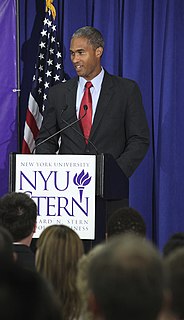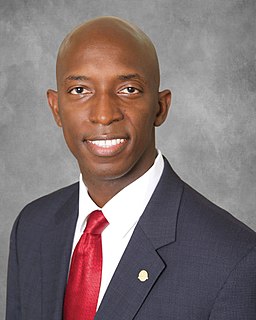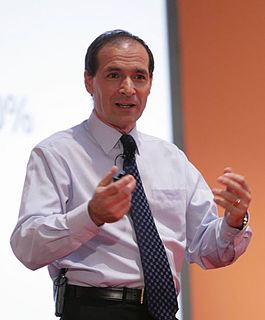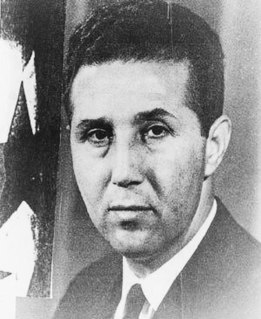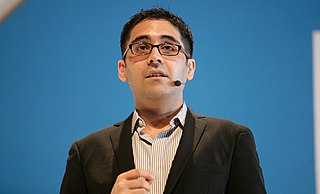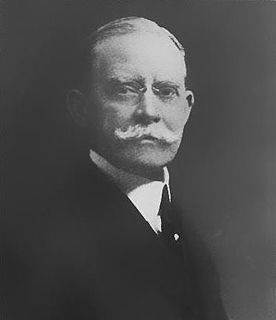Top 1200 Multinational Corporations Quotes & Sayings - Page 4
Explore popular Multinational Corporations quotes.
Last updated on November 28, 2024.
If you listen to the talk shows, which are rabid right-wing, and very interesting, an important fact about the United States, they reach a huge audience. And they're very uniform. So right wing, I don't think you can even find an analog in your, but they reach a mass audience, and their view is that the corporations are liberal. Their appeal to the population is, "the country is run by liberals, they own the corporations, they run the government, they own the media, and they don't care about us ordinary people."
And Alaska - we're set up, unlike other states in the union, where it's collectively Alaskans own the resources. So we share in the wealth when the development of these resources occurs. It's to maximize benefits for Alaskans, not an individual company, not some multinational somewhere, but for Alaskans.
The corporations that profit from permanent war need us to be afraid. Fear stops us from objecting to government spending on a bloated military. Fear means we will not ask unpleasant questions of those in power. Fear permits the government to operate in secret. Fear means we are willing to give up our rights and liberties for promises of security. The imposition of fear ensures that the corporations that wrecked the country cannot be challenged. Fear keeps us penned in like livestock.
One of the symptoms of an absence of innovation is the fact that you lose your jobs. Everyone else catches up with you. They can do what you do better than you or cheaper than you. And in a multinational corporate-free market enterprise, it is the company's obligation to take the factory to a place where they can make it more cheaply.
Globalization has produced a new of level of interdependence among us. The economy and multinational supply chains do not abide by political boundaries. A computer ordered in Brazil is designed in California and assembled in several other countries. Economic integration was the first strong evidence of a new era.
I joined a very male-dominated profession back in 1986. I wanted to work with big multinational Fortune 500 companies, but you don't come into the firm and automatically get those. So, quite frankly, a key to my success was that I found male mentors and male sponsors. I think some women are afraid to say that.
Yes, business really does change. 400 years ago, corporations were formed by royal decree. 300 years ago, many countries were powered by slave labour, or its closest moral equivalent. 200 years ago, debtors didn't go bankrupt, they went to prison. 100 years ago - well, business is largely the same as it was a century ago. And that's exactly the problem. Business hasn't changed, but today's array of tectonic global shocks demands a different, radically better kind of business. Yesterday's corporations visibly cannot meet today's economic challenges.
I was getting mad at the system or the politicians or the government, and then I realized someone should talk about this stuff, and I have a big, multinational global-youth platform of kids who are going to change the world. So I was like, "I should be doing that. I should be showing this to people. That's my job." And since that time, I've been very happy.
Our goal is not to assume leadership of existing institutions, but rather to render them irrelevant. We don't want to take over the state or change its policies. We want to render its laws unenforceable. We don't want to take over corporations and make them more 'socially responsible.' We want to build a counter-economy of open-source information, neighborhood garage manufacturing, permaculture, encrypted currency and mutual banks, leaving the corporations to die on the vine along with the state. We do not hope to reform the existing order. We intend to serve as its grave-diggers.
Our capitalistic scheme in the latter years of the 20th century seems to have lost its way. We've had a "pathalogical change" from traditional owners capitalism where most of the rewards have gone to those who make the investments and assume the risks to a new and deeply flawed system of managers capitalism where the managers of our corporations our investment system, and our mutual funds are simply take too large a share of the returns generated by our corporations and mutual funds leaving the last line investors - pension beneficiaries and mutual fund owners at the bottom of the food chain.





